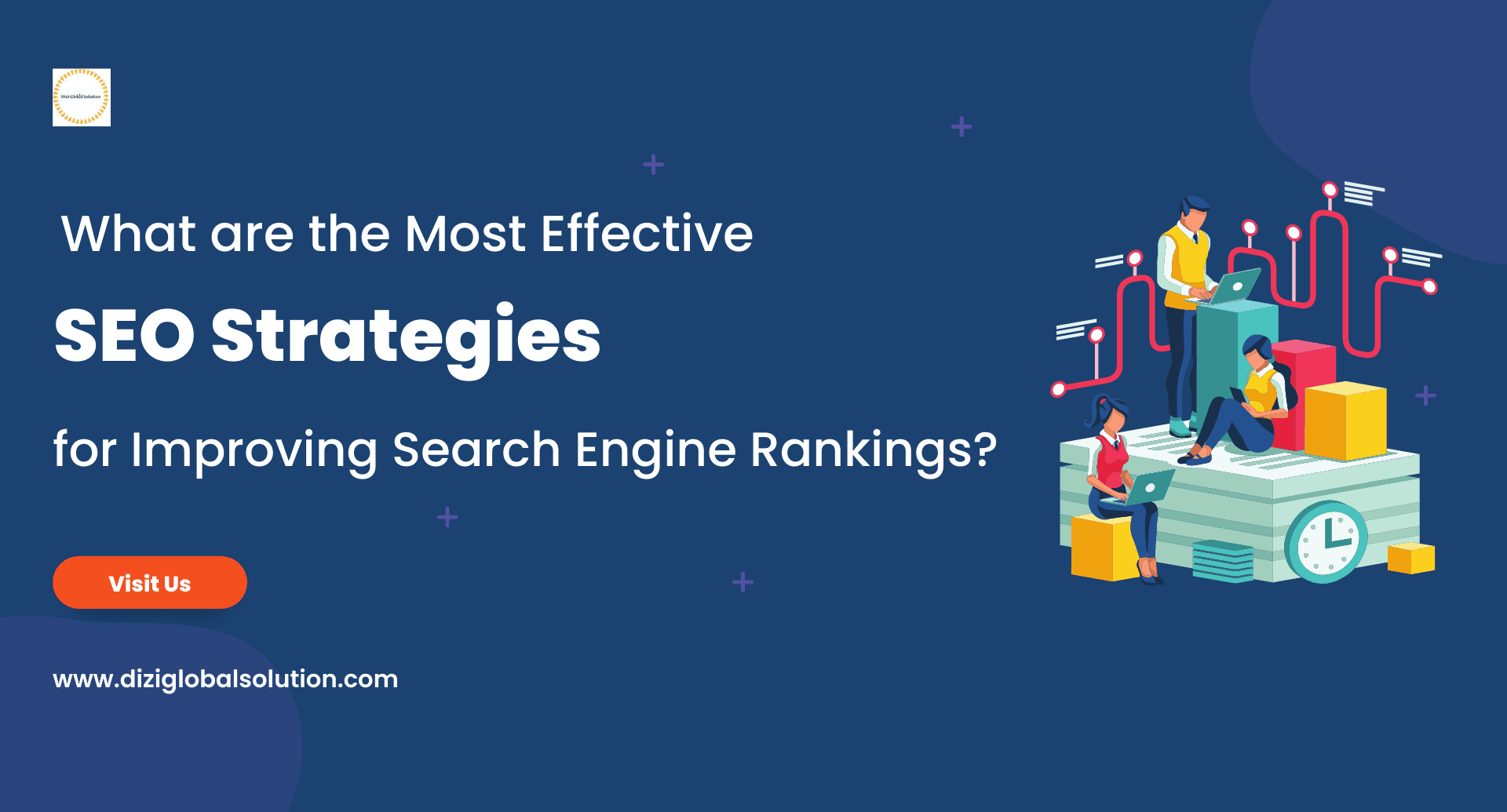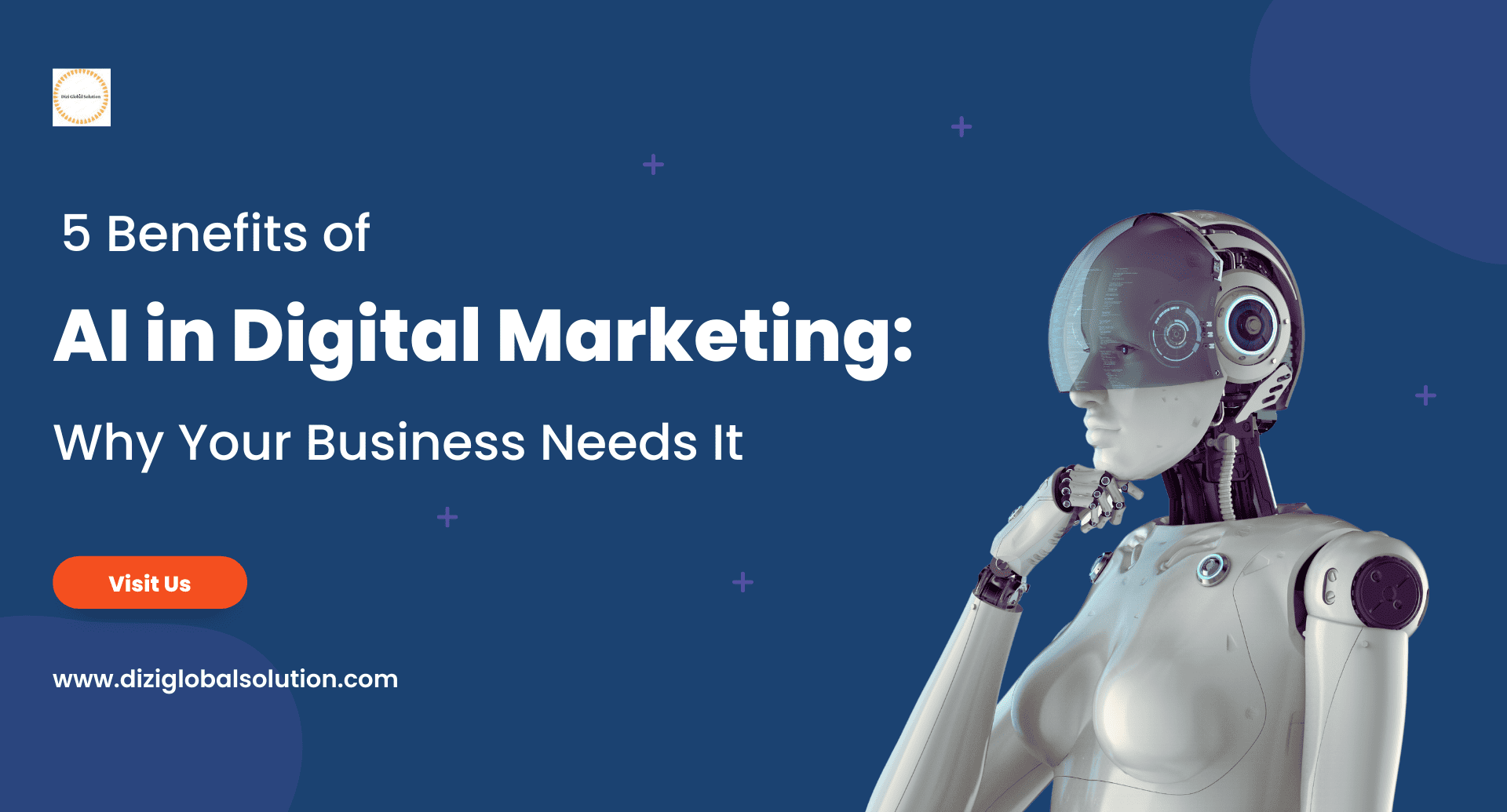Is Coding Required for Digital Marketing?
Digital marketing has become an integral part of modern business strategies, allowing companies to reach their target audience effectively and drive growth. Aspiring digital marketers often wonder whether coding is a necessary skill in this field. In this blog post, we will dig into the question, “Is coding required for digital marketing?” We will debunk common myths surrounding coding in digital marketing and shed light on the essential coding skills that can enhance your digital marketing efforts. So, let’s explore the relationship between coding and digital marketing and discover the truth behind this interesting question. Understanding the Basics of Digital Marketing Before we dive into the coding aspect, let’s first understand the fundamental principles of digital marketing. Digital marketing refers to the use of digital technologies, including the internet, social media platforms, search engines, email marketing, and websites, to reach and connect with potential customers. The goal is to increase brand visibility, attract and engage the target audience, and ultimately drive conversions. It involves creating and delivering tailored messages, valuable content, and interactive experiences to engage the target audience and build brand awareness. Moreover, the success of digital marketing lies in its ability to leverage data, analytics, and customer insights to optimize campaigns and deliver measurable results. Key Components of Digital Marketing Search Engine Optimization (SEO): SEO involves optimizing websites and content to rank higher in search engine results pages (SERPs). By optimizing keywords, meta tags, and website structure, digital marketers can improve organic visibility and attract targeted organic traffic. Website Designing: While website designing is indeed an important component of digital marketing, it is just one piece of the puzzle. Get ready to unleash your creativity and embark on an exciting journey into the art of website designing. Social Media Marketing: Social media platforms provide a powerful channel for digital marketers to connect with their audience, build brand awareness, and foster customer engagement. By crafting compelling social media campaigns, businesses can interact with users, share content, and drive traffic to their websites. Pay-Per-Click (PPC) Advertising: PPC advertising allows marketers to display ads on search engine results pages and other digital platforms. Additionally, through effective targeting, bid management, and compelling ad copy, digital marketers can drive targeted traffic and achieve specific marketing objectives successfully. Email Marketing: Email marketing involves sending targeted messages to a group of individuals who have opted to receive communications from a brand. It is an effective way to nurture leads, build customer loyalty, and drive conversions. Debunking the Myths To better understand the role of coding in digital marketing, it’s important to debunk some common myths that may lead to misconceptions. Consequently, let’s explore these myths and uncover the truth behind them: Myth 1: Coding is mandatory for all digital marketers. Truth: Coding is not an absolute requirement for digital marketing. While it can certainly be beneficial, especially in certain specialized areas, it is not a prerequisite for success. Digital marketing involves a wide range of skills, including content creation, data analysis, strategic planning, and effective communication. Myth 2: Digital marketers need to be expert programmers. Truth: Digital marketers do not need to be expert programmers. Understanding the basics of coding, such as HTML and CSS, can be advantageous for tasks like website customization, email template design, or landing page creation. However, you can work effectively as a digital marketer without being a coding wizard. Essential Coding Skills for Digital Marketers While coding is not mandatory for all digital marketers, having certain coding skills can undoubtedly amplify your capabilities and open up additional opportunities. Here are some coding skills that can benefit digital marketers: HTML and CSS Basic knowledge of HTML (Hypertext Markup Language) and CSS (Cascading Style Sheets) allows digital marketers to make minor website modifications, optimize landing pages, and customize email templates. Understanding the structure and formatting of webpages can be valuable for enhancing the user experience and, in turn, optimizing content for search engines. JavaScript JavaScript is a versatile scripting language that enables dynamic and interactive elements on websites. Having a foundational understanding of JavaScript can be beneficial for implementing tracking codes, integrating third-party tools, and, moreover, improving user engagement through interactive content. SEO-Friendly Coding Practices Familiarity with SEO-friendly coding practices can help digital marketers optimize websites for search engines. Specifically, understanding meta tags, header tags, and structured data can assist in improving the visibility and ranking of webpages. Consequently, this leads to increased organic traffic and enhanced online presence. Data Manipulation Proficiency in coding languages like Python or R can empower digital marketers to perform advanced data analysis and manipulation. With these coding skills, marketers can extract insights from large datasets, automate repetitive tasks, conduct A/B testing, and create customized reports. Consequently, the ability to manipulate and analyze data enables marketers to make data-driven decisions, identify trends, and optimize their marketing campaigns effectively. Scripting and Automation Coding skills can be valuable for automating repetitive tasks and streamlining workflows. With scripting languages like Python, digital marketers can create scripts to automate tasks such as data extraction, content distribution, social media posting, and email marketing. Automation saves time and improves efficiency, allowing marketers to focus on strategic activities. Analytics and Tracking Understanding coding languages like JavaScript and working with analytics tools such as Google Analytics can help digital marketers implement tracking codes accurately. This enables the measurement of website performance, user behavior analysis, and conversion tracking. Additionally, by analyzing data from tracking tools, marketers can optimize marketing campaigns and enhance the user experience. Conclusion In conclusion, coding is not a mandatory skill for all digital marketers, but it can significantly enhance their capabilities and open up additional opportunities. Basic knowledge of coding languages like HTML, CSS, and JavaScript can empower digital marketers to make website modifications, optimize content, and create interactive elements. Proficiency in coding languages like Python enables marketers to perform advanced data analysis, automate tasks, and manipulate large datasets. While not every digital marketer needs to be a coding expert, having a foundational understanding of coding can be a valuable asset










